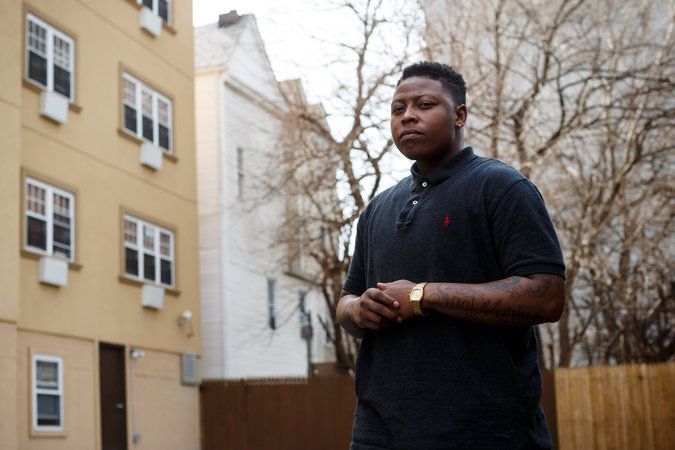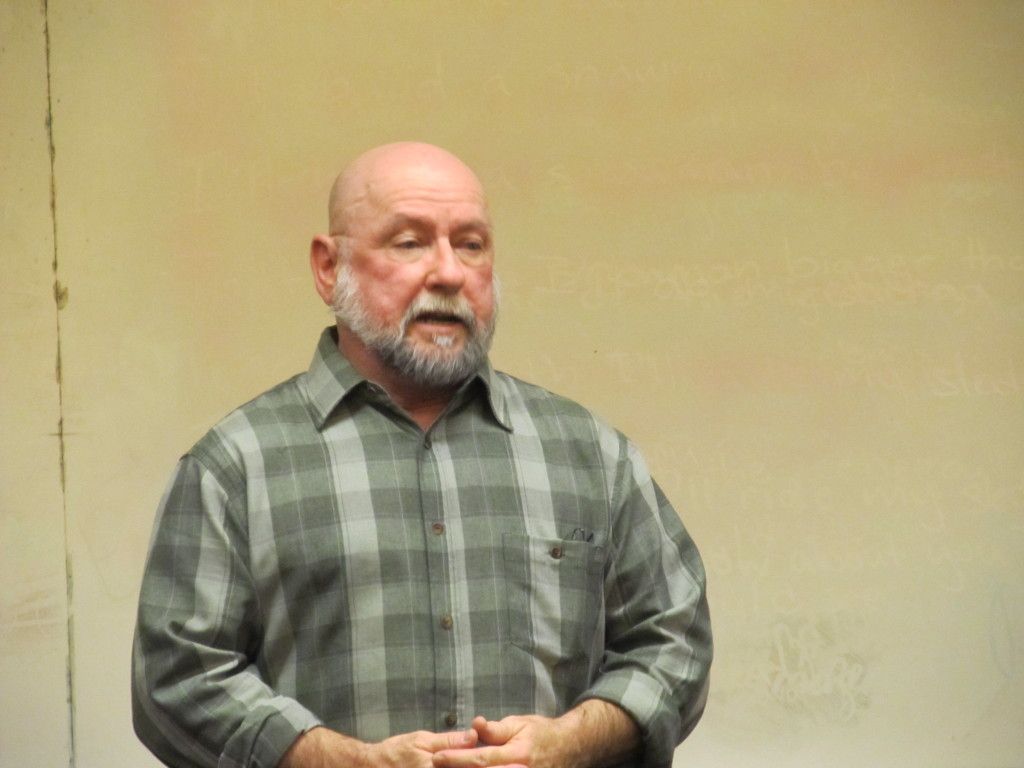Washington Human Rights Commission quashes anti-trans petitions
Yesterday the Human Rights Commission of the State of Washington voted to reject two petitions to repeal what is being referred to as "the transgender bathroom rule." The HRC established WAC 163-32-060 last December. The rule allows transgender people to use gender-segregated facilities corresponding with our gender identity.
One of the petitions was written by Roderick and Bonnie Smilonich and the another by retired Sens. Val Stevens and Joyce Mulliken along with retired Reps. Gigi Talcott and Lynn Schindler. Mulliken, of Moses Lake, formerly served the 13th Legislative District. Mulliken wrote on her Facebook page she was told of the hearing only one day prior by another legislator, not by the commission. She is currently out of state and wasn’t able to attend the hearing. The other lawmakers who filed the petition weren’t in attendance either.
Mulliken later told the Herald the group plans to appeal the decision with Gov. Jay Inslee and the Joint Administrative Rules Review Committee (the Legislative committee that audits state agencies, boards and commissions).
Thursday’s meeting began with HRC policy specialist Laura Lindstrand presenting responses to each of the reasons listed in the petitions for repealing the rule. In the petition by the Smilonichs, they argued the agency did not have the authority to make the rule, that gender is defined by physical characteristics, and the rule promotes predatory behavior and confuses children.Lindstrand said the commission acted within its authority and according to state laws. She said the definition of gender identity, as defined by the state Legislature, does not specify physical characteristics as being a necessity in gender identity. Lindstrand also said there is no evidence to suggest this rule or others of its kind confuses children or promotes predatory behavior.
The Smilodons are apparently unaware that their state has passed anti-discrimination protections for gender identity.
The petitioners have provided no evidence this rule confuses children; rather this rule may create a situation in which a parent has the opportunity to teach a child about tolerance and acceptance.
--Lindstrand
The petition by the retired legislators made similar arguments; they said the rule forces people to ignore biology and the rule was not adopted lawfully. Their petition also argued that the public comment period was inconvenient and the rule violates privacy rights.
Lindstrand pointed out that the petitioners incorrectly made the claim that the public comment period took place during the holidays, which they viewed as inconvenient. She said those meetings actually took place during the summer. In regards to privacy rights, Lindstrand said the state is not asking anyone to undress in situations in which they are uncomfortable.
People have many options and can make decisions about what is in their best interest for their comfort level and then exercise those options.
--Lindstrand
Many who spoke in favor of the petitions expressed concern about men taking advantage of the rule to go into women’s bathrooms and locker rooms even if they are not transgender.
Then strike out at those men...not transgender people, who would not be the problem!
These people seem incapable of comprehending that requiring transgender men to use women's facilities will in fact make it easier for the male perverts they fear to access those facilities. If you require that these guys use women's facilities, how are they going to keep other men out?



Opponents of the petitions said the rule protects transgender people from harassment and sexual abuse, both of which transgender people statistically have a higher risk of experiencing.
Some others who spoke in favor of the petition also expressed concern that women who have experienced sexual assault might be triggered by showering next to someone with male anatomy.
Commissioner Charlene Strong, commented at the end that as a sexual assault survivor she supports this rule.
I have no problems with the way that we are respecting all the citizens of Washington state.
--Commissioner Strong
Another commissioner, Skylee Sahlstrom, clarified at the end of the public comments that if a man who is clearly a man enters a women’s bathroom or locker room, there is nothing in the rule that stops another patron from questioning whether that person is in the right bathroom.

